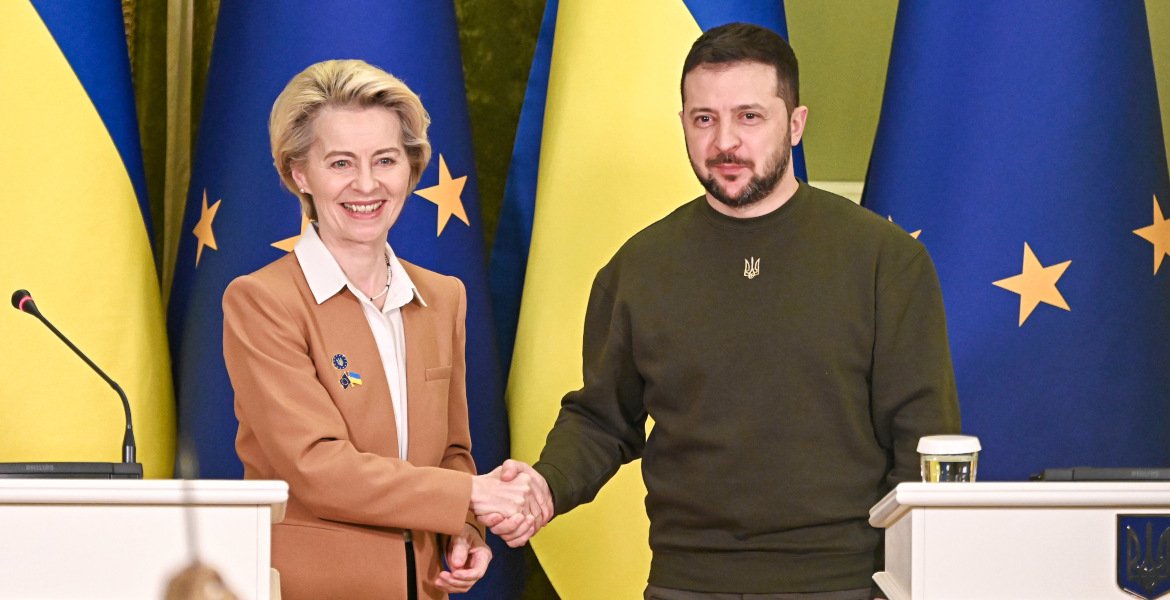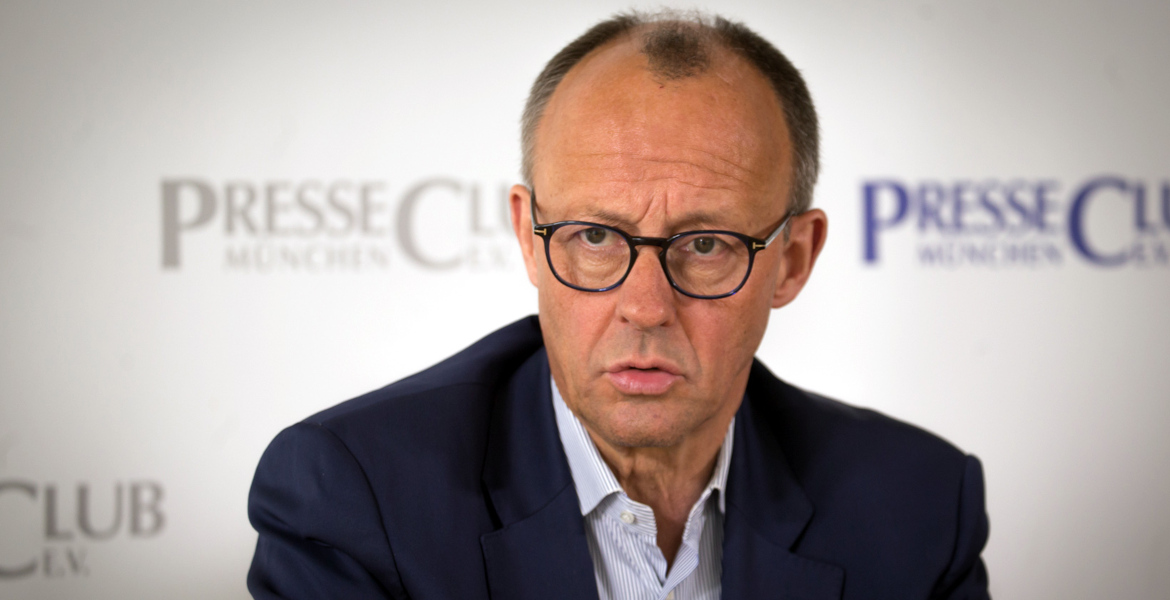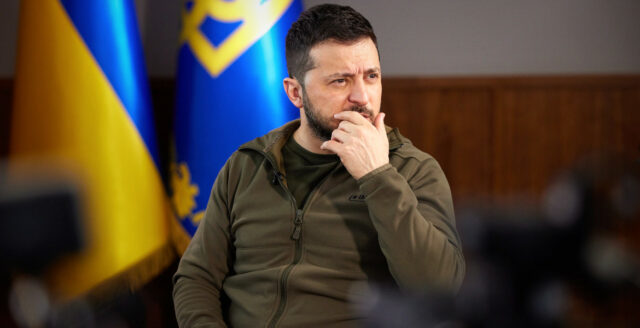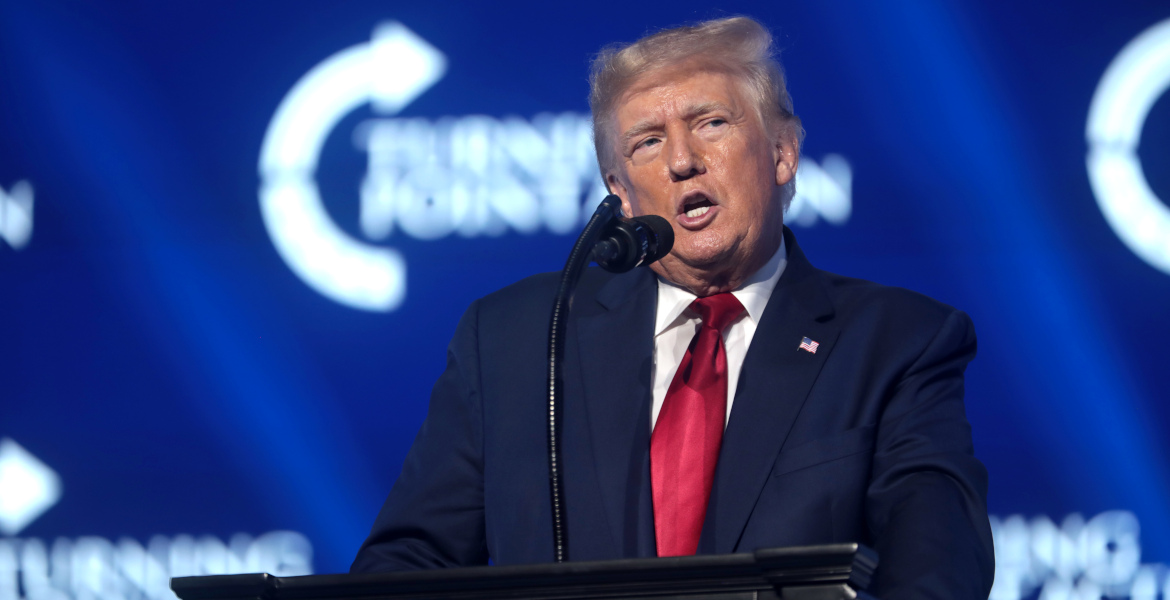The French parliament has voted to legalize active euthanasia, allowing healthcare providers to help terminally ill patients end their lives.
The bill was approved by the National Assembly with 305 votes in favor and 199 against, while a separate law on the right to palliative care was passed unanimously.
The new law, called the "law on end of life", is described by the government as "an ethical response to the need to support the sick and the suffering". It allows medical teams to decide whether a patient can have access to a lethal substance, either through self-administration or with the help of healthcare professionals.
To qualify, the patient must be over 18, have French citizenship or residency, and suffer from a "serious and incurable, life-threatening, advanced or terminal illness" that causes "constant, unbearable physical or psychological suffering" without relief. The patient must also express their wishes freely and in an informed manner.
The proposal was supported by President Emmanuel Macron's centrist MPs and the left, while conservative and nationalist parties opposed it.
Socialist MP Stéphane Delautrette called the decision "historic" and compared it to the introduction of abortion rights or the abolition of the death penalty.
– The French people are ready for this, and we owe them this rendezvous with history.
France is advancing a Euthanasia Bill and in this proposal, Doctors won’t be allowed to refuse a request seeking assistance in ending their life, at the risk of being prosecuted for ‘obstruction.’
The attempt to exclude mental illness and intellectual disabilities was rejected. https://t.co/R65kYNsbin pic.twitter.com/YEFpqZyEVs
— Jammer (@acrossthemersey) April 30, 2025
May come into force next year
However, Patrick Hetzel (Les Républicains) was not nearly as enthusiastic, warning of the risks of allowing assisted suicide.
– It is illusory to and even dangerous to even think of debating a legalization of euthanasia without having first fully deployed proper access to palliative care, he argued.
France has previously allowed passive euthanasia and deep sedation, but active euthanasia required travel to neighboring countries such as Switzerland. Although the parliament has given its approval, the law must now be reviewed by the Senate and return to the National Assembly, and is expected to come into force sometime next year at the earliest.
In countries such as the Netherlands, Belgium, Luxembourg, Spain, and Portugal, active euthanasia is already permitted, and in Germany and Switzerland, physician-assisted suicide is permitted. In the UK, politicians will soon take a position on a bill to allow euthanasia.
Critics argue, however, that assisted suicide and active euthanasia risk undermining human dignity and opening up gray areas where vulnerable people, such as the elderly, the sick, or the disabled, may feel pressured or compelled to end their lives.
This letter, in today’s Times, stopped me in my tracks.
The assisted dying Bill will affect all of society, in ways that have barely been considered. pic.twitter.com/GywdI0ZdMN
— Prof Katherine Sleeman (@kesleeman) May 18, 2025
Risks becoming a quick and cheap solution
There are also warnings that legal certainty is lacking and that end-of-life care should be strengthened instead. Several experts have pointed out that access to palliative care is uneven and that euthanasia risks becoming a quick and cheap solution instead of offering relief, care, and support to those who need it most.
In several countries, euthanasia is not only provided to people with incurable and painful physical conditions, but also to those suffering from mental illness if this is considered to cause unbearable suffering.
Critics have pointed out, however, that mental illness is often treatable and that people in mental crisis need care and help to get better, rather than help to end their lives.
Experts have also emphasized that people suffering from deep depression or similar severe mental illness are not capable of making life-and-death decisions on their own, and that there is a real risk that mentally ill and highly vulnerable individuals will be pressured or persuaded to believe that death is the best option for them.
In Canada, where the rules are among the most liberal in the world, medically assisted dying accounted for nearly five percent of all deaths in the country in 2023.





